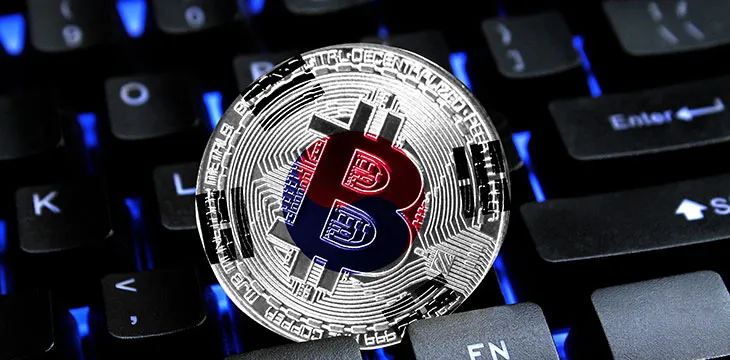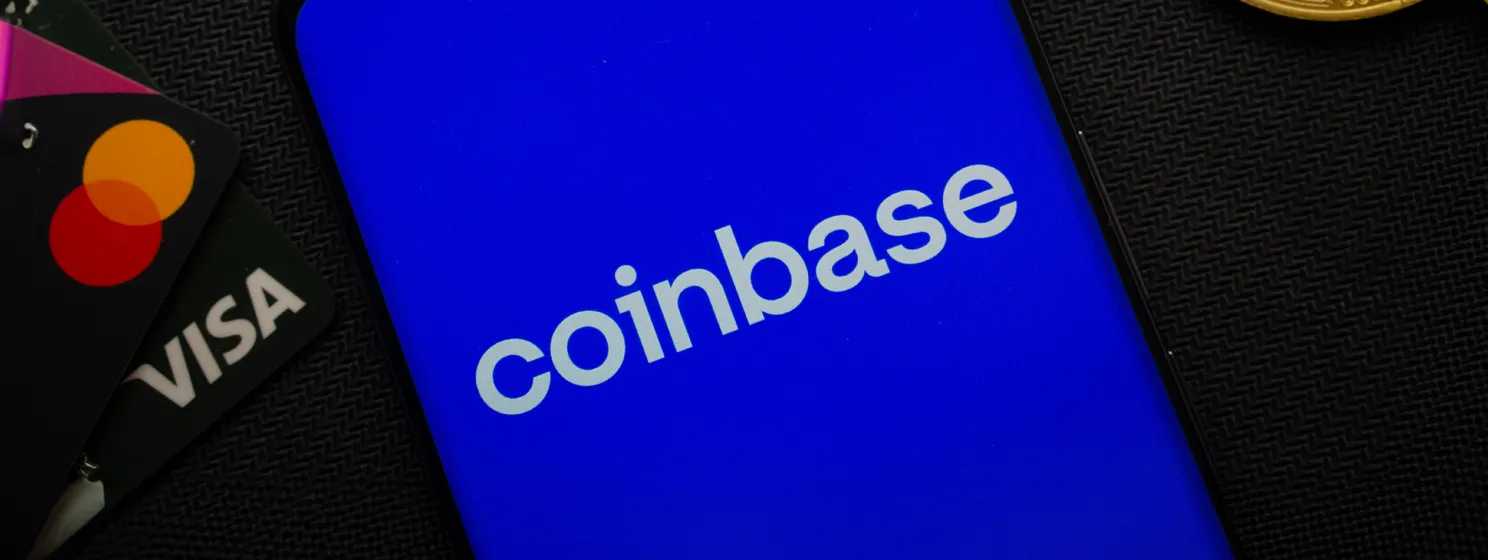|
Getting your Trinity Audio player ready...
|
Unregulated and questionable foreign currency transfers involving digital currencies have shot up this year in South Korea. According to data from the country’s tax agency, the country has seen a 2100% increase year-over-year in such transfers, raising concerns over possible money laundering and tax evasions through digital currencies.
In the first eight months of the year, Korea has recorded over KRW812 billion ($677 million) in these transfers. Data from the Korea Customs Service showed that these transfers via digital currencies accounted for 68% of the KRW1.19 trillion ($1 billion) in suspicious foreign currency transfers as of August. This was a 21-fold increase from 2020 activity.
In South Korea, such foreign currency transfers have been a perennial challenge for regulators. Without any form of oversight, they have been used by money launderers, tax evaders, drug smugglers, and those participating in overseas gambling, the Korea Times reports.
Regulators in the country have taken steps to curb this practice in recent months. One of the biggest moves has been a requirement that all digital currency exchanges register users with real-name accounts issued by commercial banks. This requirement, which is being enforced by the Financial Services Commission, has seen a sizable number of exchanges limit their services, delist tokens, or shut down altogether.
Rep. Song Jae-ho of the ruling Democratic Party of Korea told parliament that the government is aware of the challenges such unregulated channels pose to the Korean financial system.
“We are aware of the growing need for deeper discussions on ways for the virtual asset market regulation to enhance consumer protection regardless of the volume of their investments,” he said.
The lawmaker noted that one of the reasons behind the rise of such transfers is the kimchi premium. This is the difference in digital asset prices between foreign and local exchanges. It has led to a booming market in which traders buy these assets elsewhere and sell them in Korea at a profit. At one point, the kimchi premium was as high as 30%.
The legislator added, “The fluctuations in value have also led speculative forces to thrive in a short period of time. The volatility widening due to corporate value tied to that of virtual assets necessitates legislative push for greater user protection in the virtual asset market.”
As parliament works to push legislation that protects investors, it’s still locked in a battle with the country’s Finance Ministry on when the 20% tax should be imposed. Lawmakers, especially those in the opposition party, are pushing to postpone the tax to 2023, but the government is unflinching in its push for the previously scheduled January 1, 2022 enforcement date.
Watch: CoinGeek New York presentation about BSV Venture Investments

 07-16-2025
07-16-2025 





